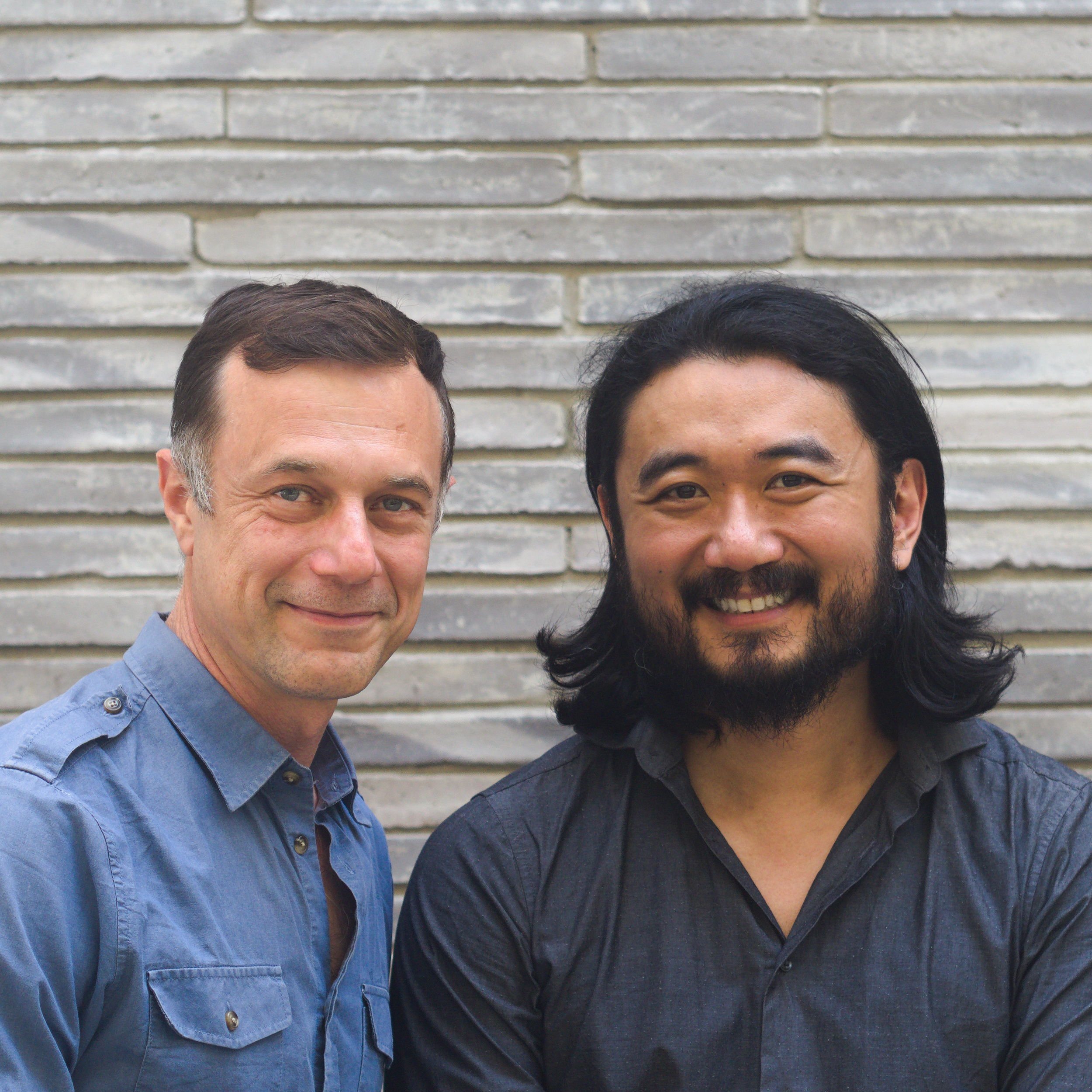Podcast (how-to-be-an-adult): Play in new window | Download (56.8MB) | Embed
Subscribe: Apple Podcasts | Spotify | Amazon Music | iHeartRadio | Email | TuneIn | Deezer | RSS
If you’ve had an experience that overwhelmed your ability to cope, or when you’ve been in an environment where you were regularly unable to cope, you’ve experienced psychological trauma. In this episode, we share seven principles for living well with our wounds and speeding our journeys toward healing and recovery.
- Trauma is common. Depending on how you define it, around 75% of people experience some form of trauma in their past.
- Trauma does not mean someone is “broken”, rather they have experienced wounds that can heal with time, care, and adopting healthy coping strategies.
- It is important for trauma survivors to fulfill all their basic physical, social, emotional and safety needs. This includes needs like food, water, sleep, touch/physical contact.
- Trauma survivors should treat themselves with compassion as they would a loved one, recognizing their inherent worth and that they are responsible for their own well-being and care.
- Grounding techniques like being present in the senses and immersive experiences can help trauma survivors avoid rumination and flashbacks.
- Connecting to one’s own moral center and values can help avoid being demoralized by toxic people and viewpoints.
- Small, incremental steps towards self-care should be recognized and celebrated, not criticized.
- Experiences of awe, beauty and transcendence through art/nature can help trauma survivors feel less alone.
- Trauma-informed therapy can aid recovery when immersed in a supportive environment.
- It is important for trauma survivors to avoid harmful coping mechanisms like drugs/alcohol and instead sit with difficult emotions in a self-compassionate way.
Table of Contents:
00:00 – Intro
04:51 – Point One: You are wounded, not broken
09:34 – Point Two: Take guardianship of your body
16:37 – Point Three: Fulfill all of your physical needs
24:01 – Point Four: Find your moral centre
28:20 – Point Five: Believe in the evidence of your senses
33:04 – Point Six: Give yourself healthy stimulation
41:30 – Point Seven: Keep away harms
47:21 – Outro
Listen above, on Apple Podcasts or on Spotify, or watch the full video on YouTube, free of third-party advertising. Remember to like, subscribe and share!

Luke Chao and Pascal Langdale are the co-hosts of the How to Be an Adult podcast. Possessing of a philosophical approach to life, they are both keenly interested in improving the society they live in. In this podcast, they share their thoughts freely in order to democratize high-quality living.
